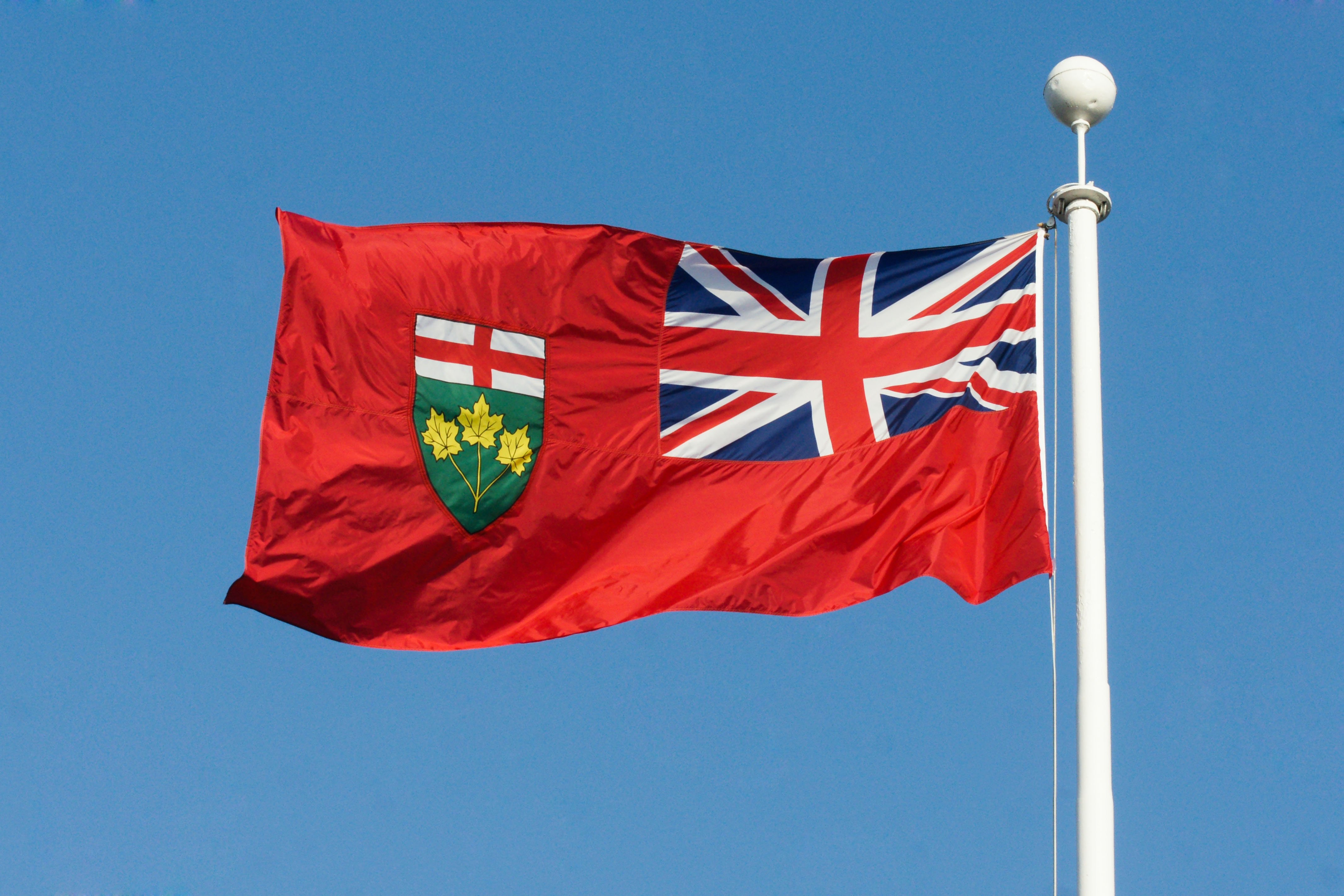
The LSO is challenging the motion and the lawyer’s right to practise law

The Ontario Court of Appeal will consider a motion by a lawyer who wants to remain anonymous in his dispute with the Law Society of Ontario, which argues that the public – and potential clients – have the right to know that he sexually abused multiple children in 2009.
The lawyer, whom the court identifies as AA, argued in a factum that his bid to stay anonymous in the proceedings will protect his four children, who are unaware of his misconduct. The children’s mother said that disclosing AA’s name – which is “uncommon and searchable” – could easily lead to the children being publicly identified, potentially harming their mental health and dignity.
AA also argued that by challenging a 2022 Law Society Tribunal order to grant him anonymity, the LSO was breaking its promise not to revisit the order unless the matter was referred back to the tribunal for a new hearing.
The LSO countered that the tribunal’s anonymization order does not automatically extend to related proceedings in other venues. The legal regulator added that “contrary to AA’s suggestion, the LSO did not ‘waive’ AA’s onus to demonstrate that such an order is needed.
“The LSO challenged the anonymization orders throughout and to the present.”
The OCA will hear the motion on Aug. 29.
The hearing will be the latest development in a dispute that began in 2012, when AA applied to be licensed by the LSO without disclosing that he had sexually abused three children three years earlier while living in another country. He was never criminally charged.
Shortly before his call to the bar in 2014, the LSO learned about the abuse. AA abandoned the licensing process after an investigation concluded in a referral to a good character hearing.
In 2019, AA asked to be reinstated into the licensing process, which resulted in an investigation and a referral to the tribunal. Ahead of his tribunal hearing, AA asked for anonymity for himself, his ex-spouse, and his children. The tribunal granted his request, expressing concerns that the children – three of whom were minors at the time – would suffer psychological harm if they learned about their father’s sexual abuse publicly before they could be told privately.
In 2023, AA received his license to practise, on the condition that he did not meet with children unsupervised. The LSO appealed the tribunal’s decision in its appeal division, but the appeal division dismissed the LSO’s bid.
The LSO then filed an application for judicial review of the tribunal proceedings with the Ontario Superior Court of Justice’s Divisional Court, which granted AA temporary anonymity but eventually dismissed the LSO’s appeal.
The LSO appealed again with the OCA, which temporarily granted anonymity to AA. That anonymity is set to expire at the Aug. 29 hearing, when the OCA will consider both the LSO’s appeal and AA’s motion to extend the anonymization measures.
In his factum, AA argued that maintaining those measures “does not impair public transparency” since the tribunal and court decisions are public and the state of AA’s license will be published in the LSO’s directory.
He added that publicizing his name could threaten the safety and dignity of his family, citing social media posts that came out after the tribunal released its decision to grant his licensing application in 2023. Those posts are “not idle insults,” he noted. “They contain overt references to doxing, tracking, and vigilante violence.” One post he cited stated that he “should be lifeless in a cornfield right now,” while another read, “In the perfect world, this mofo would be killed.”
The LSO, meanwhile, told the OCA that AA’s motion for continued anonymization is “overbroad” and would permanently hide his identity. The regulator noted that it took no issue with maintaining anonymity for AA’s ex-spouse and children.
The regulator cited the open court principle, which holds that court proceedings should generally be open to the public, arguing that this principle is particularly important in the context of good character hearings.
“All LSO adjudications are subject to the open court principle,” the regulator said, adding that “transparency exposes the LSO and its processes to public scrutiny while dispelling any suspicion that it is seeking to protect its own.”
The LSO cited social media posts indicating that AA’s anonymity harms public confidence in the LSO, including statements like, “The law society is a joke. They’ll always back their own,” and “How many abusers are hiding in the law society?”
The LSO also noted that if AA’s appeal is successful, he will be able to practise in any area of law. While he is restricted from meeting with children alone, that rule does “not bar him from subject matters involving children, such as family law.
“Whatever his practice area, forcing clients to blindly retain a lawyer with AA’s history will have a deleterious effect,” the LSO added.
A spokesperson for the LSO declined to comment to Law Times on Thursday. Counsel for AA did not respond to a request for comment.